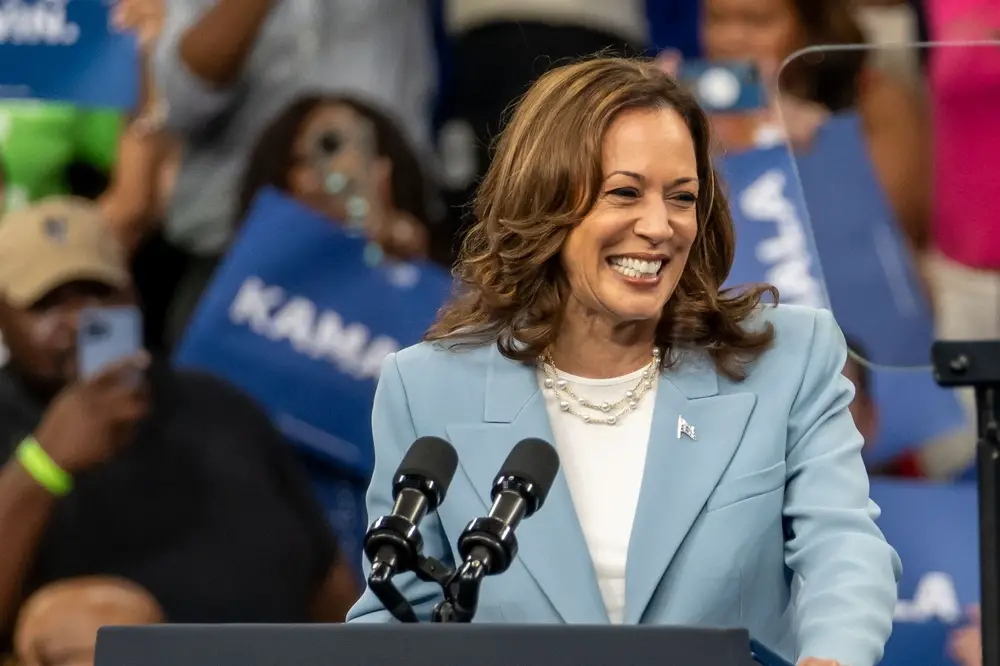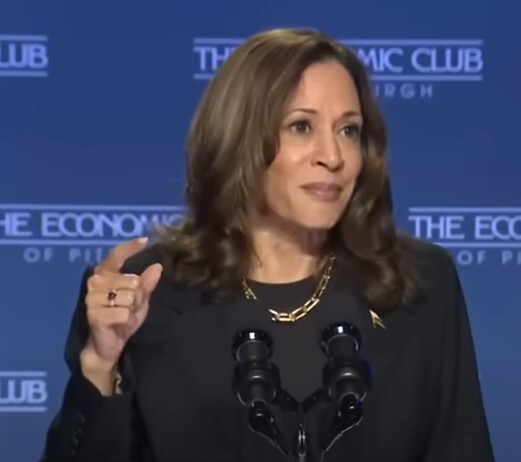During a recent speech at the Economic Club of Pittsburgh, Vice President Kamala Harris faced criticism for a series of remarks that many found confusing and repetitive. In her address, she spoke about the importance of protecting the “spirit” of American inspiration, saying, “We have to guard that spirit. Let it always inspire us. Let it always be the source of our optimism… Let that then inspire us by helping us to be inspired to solve the problems that so many face including our small business owners.” The speech, which was intended to outline her economic agenda, was mocked online for its perceived lack of clarity and coherence.

Social media quickly responded with widespread derision, dubbing Harris the “Word Salad Queen” for her tendency to deliver what critics call vague and circular statements. Some commentators, like Axiom Strategies’ Matt Wolking and writer Katya Sedgewick, took to platforms like Twitter to poke fun at her speech, with comments that portrayed Harris’s remarks as nonsensical and overly verbose. Conservative figures and commentators have often criticized Harris for her public speaking style, and this latest incident only fueled more mockery and scrutiny.
This wasn’t the first time Harris’s speeches have attracted similar reactions. Just a week earlier, she delivered another speech at the Congressional Hispanic Caucus Institute’s Annual Leadership Conference, where she made statements about community resources that were also criticized for being repetitive and unclear. In that speech, she said, “I grew up understanding the children of the community are the children of the community,” which many found to be a redundant expression that lacked depth or specificity.
The ongoing criticism of Harris’s speaking style underscores the challenge public figures face in conveying complex ideas clearly and effectively. While some supporters argue that her speeches reflect a genuine effort to connect and inspire, detractors see them as examples of ineffective communication. As she continues to be a prominent figure in national politics, these moments are likely to remain focal points for her critics.




